Information Technology Reference
In-Depth Information
The American Library Association (ALA) and others believe
adults should have free access to information as part of free speech,
and this creates a tension with those who wish to screen informa
tion available to children. The Children's Internet Protection Act
(CIPA) requires public libraries to provide full screening of objec
tionable images for children. Currently, the ALA has not found soft
ware filters that can adequately meet this standard except by dis
abling the display of all images. Companies also may install
software filters on their computing equipment.
■
Terminology from This Chapter
Access
Child Internet
Protection Act
(CIPA)
Direct Subscriber
Line (DSL)
Filtering software
Information
Technology
Association of
America (ITAA)
■
Discussion Questions
1.
This chapter identifies five categories of factors for access to
computers and the Internet: technological, economic, politi
cal, social/cultural/religious, and individual. Review the seven
case studies given at the beginning of this chapter. In each
case, determine which categories of factors are illustrated by
each example.
2.
Review the case studies given at the start of this chapter.
a.
Do any of these examples connect with any experiences
you or your friends have had?
b.
Identify additional examples from your experience regard
ing access to computers or limitations to that access.
c.
In each case in a or b where you or a friend have direct ex
perience, how have you felt about the situation, and what
have you done in response?
3.
Consider the questions raised in this chapter about “effec
tive” software filters.
a.
Can your group agree on a precise definition of “objection
able materials”? If so, present that definition. If not, ex
plain the difficulties your group was having.

